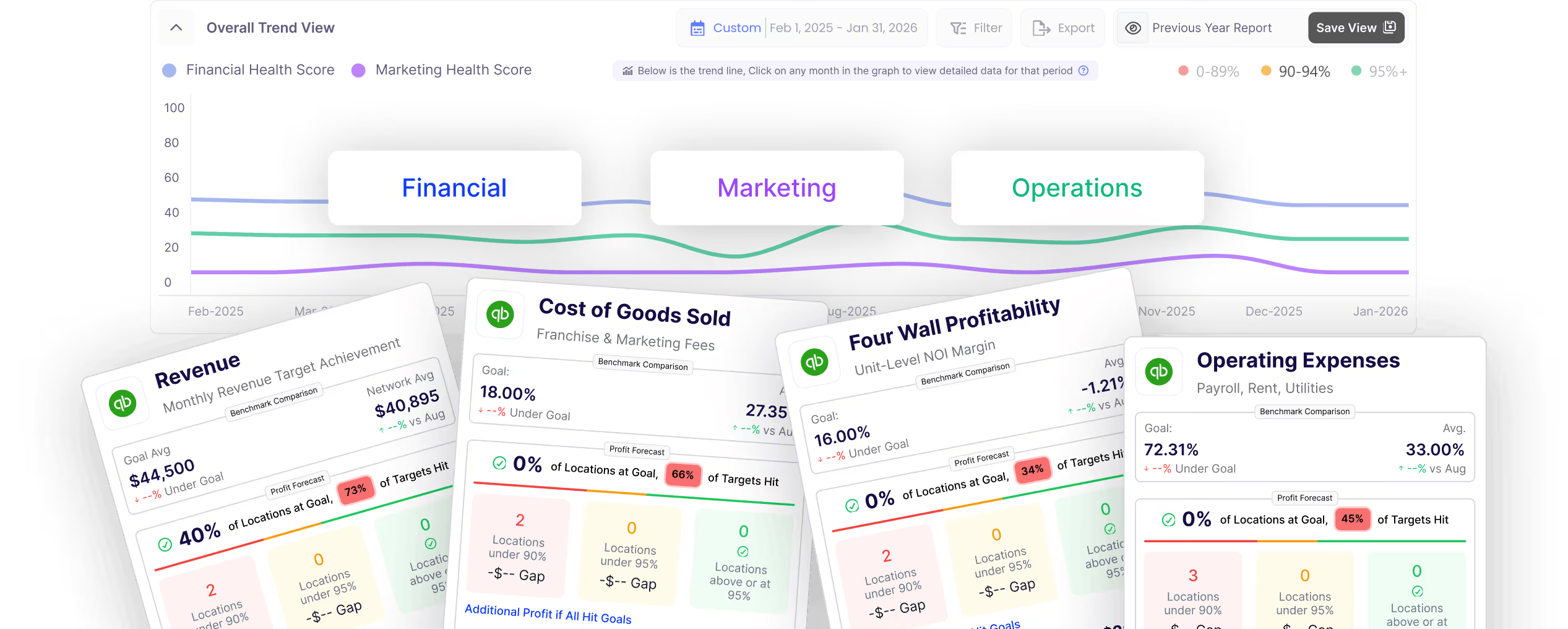
Back To All Blogs
Machine Learning vs. Automation Which To Choose?
.jpg)
Understanding when to use Machine Learning and Automation is crucial for business success. Machine Learning enables computers to learn and adapt, while Automation streamlines tasks with precision. The right balance of both is the key to thriving in the digital realm. Join the future of innovation with Autymate's free trial and take your business to new heights.
In the ever-changing tech world, we encounter two powerful solutions Machine Learning and Automation. They bring efficiency and innovation to businesses, but it's essential to know when to use each. This comparison helps you grasp the distinctions and make informed choices.

Machine Learning involves computers learning from data, recognizing patterns, and making predictions. Automation, on the other hand, focuses on task execution without human intervention. While both offer benefits, understanding their differences is key to deploying them effectively in your business.
Understanding Machine Learning
Machine Learning is a part of AI that teaches computers to learn from their experiences. It's about instructing computers to learn, understand information, and make decisions without explicit instructions.

What's great about Machine Learning is that it can get better over time as it deals with new information. This means it can learn from its past and get better at what it does with more experience.
The Magic of Artificial Intelligence
Artificial Intelligence, or AI, is the big brother of machine learning. Machine learning helps computers learn from data, while AI enables systems to perform tasks that typically require human intelligence. It's like teaching computers to think and reason.

AI encompasses a wide range of capabilities, from natural language processing to computer vision. Think of virtual assistants like Siri or Alexa—they understand your voice and respond to your requests.
AI is also used in healthcare to diagnose diseases and in autonomous vehicles to make decisions on the road. The possibilities are endless, and AI continues to shape our world in remarkable ways.
Machine Learning as a Service A Shortcut to AI
Machine learning as a service (MLaaS) is like having a shortcut to AI. It allows businesses to access machine learning tools and resources without the need for in-house expertise. With MLaaS, you can harness the power of AI without starting from scratch.
Amazon Web Services (AWS) and Microsoft Azure offer MLaaS platforms with ready-made machine learning models and tools.
This makes the incorporation of AI into your applications easier, whether you're developing a suggestion system for your online store or scrutinizing customer data for valuable insights. MLaaS makes AI accessible to businesses of all scales.
Building with Machine Learning Frameworks
Machine learning frameworks are the building blocks for creating intelligent systems. They provide the structure and tools needed to develop machine learning models and applications. Think of them as the blueprints for your AI project.

Frameworks like TensorFlow and PyTorch have ready-made tools for tasks like recognizing images and processing language.
These frameworks save developers time and effort, making it easier to bring AI solutions to life. So, when you hear about a groundbreaking AI application, chances are developers built it using one of these frameworks.
Distinguishing Automation
Distinct from Machine Learning, Automation refers to the technique of making systems operate automatically to replace human intervention. It's designed to execute repetitive tasks with machine precision and acclaimed speed, thereby increasing efficiency and productivity.
Machine Learning vs. Automation A Comparative Analysis
In today's fast-paced digital world, it's not enough to just get by; you need to stay ahead by being proactive and creative. Computers learn on their own through Machine Learning. Other times, you give clear instructions to make things easier through Automation. It's like a dance between two partners.

This balance is crucial for success. Machine Learning helps computers grow smarter over time, while Automation simplifies repetitive tasks. Knowing when to use each is the key to thriving in the digital game. It's like having the right tools in your toolkit for different jobs – always adapting and staying ahead.
Flexibility and Complexity
Environments where solutions are not explicitly programmed foster the thriving of Machine Learning. They're best suited for complex situations where the power of learning, adaptation, and improvement can be harvested. On the other hand, Automation excels at tasks that are repetitive and based on a set of rules.
Cost and Return on Investment
Implementing Machine Learning necessitates considerable initial investment but promises higher returns in the long-term through superior insights and decision-making capabilities. Automation, however, may require lower upfront costs and presents a quicker return on investment due to immediate productivity increases.
Exploring the Marvelous Features of Machine Learning
Machine learning comes with a set of marvelous features that make it incredibly versatile. Here are a few of the key features that set machine learning apart:

Machine Learning is like a pattern detective. It's great at finding patterns in data, such as figuring out who's in a photo or guessing what might happen in the stock market.
Machine Learning is also a quick learner. It gets better at its job as it sees more data, like a student improving with more practice.
With Machine Learning, businesses can make choices based on facts. It helps with things like suggesting products for customers or making supply chains work better.
Machine Learning is also a great helper for doing tasks that are either too hard or take too much time for people. For instance, it can check lots of medical images to find illnesses early.
Machine Learning is flexible, It can work on small or big tasks, making it useful for many different jobs.
The Synergy of AI and Automation
AI-driven automation is a game-changer for businesses. When AI and automation work together, they can streamline operations and make them smarter. For example, in healthcare, AI helps organize patient records and diagnose diseases faster.

In finance, AI automates tasks like tracking money and detecting fraudulent transactions. This combination reduces errors, enhances efficiency, and ultimately improves the customer experience.
Industrial Automation The Power of Precision
Industrial automation takes automation to a whole new level, especially in manufacturing and production. It's all about using technology to control and monitor processes, machinery, and even entire factories. This precision leads to increased productivity and improved product quality.
The Intelligent Revolution Enhancing Automation
Intelligent automation is the future of business. It blends AI and automation to create systems that can not only perform tasks but also adapt and learn from data. This flexibiltiy is a game-changer in a world where change is the only constant.
AI-driven automation streamlines repetitive tasks, allowing employees to focus on creative and strategic endeavors. It provides real-time data analysis, aiding in data-driven decision-making.
Required Skills and Maintenance
Machine Learning demands expertise in data sciences, statistics and programming languages such as Python. It requires continuous monitoring to ensure the system is learning. Automation is easier to set up and maintain, so businesses without a strong technical team can use it.
AI Test Automation Tools The Testers of Tomorrow
AI test automation tools like Selenium and Appium have become crucial in the software development lifecycle. They automatically execute test scripts, detect bugs, and ensure the quality of software applications. These tools make the testing process more efficient and reliable, ensuring that software meets the highest standards of performance and reliability.
AI-Based Automation Across Industries
AI-powered automation is not limited to a single industry; it's a transformative force across various sectors. In healthcare, it streamlines patient record management, making it easier for doctors and nurses to access vital information.
AI Automation The Future of Decision-Making
AI automation is like having a clever robot that can figure things out on its own. It does this by looking at data and learning from it, which helps businesses make smart choices quickly, using facts.
AI automation is super important in things like self-driving cars, where it has to make fast decisions to keep everyone safe. It's also the magic behind those suggestions you get while shopping online, making your experience more fun and fitting for you.
AI automation is what makes smart decisions happen. It's like having a helpful friend who's really good at making choices for you, based on what's best.
The Future of AI in Business Automation
To wrap it up, it's not about picking Machine Learning or Automation. It's about using both in a smart way to reach your business goals. You can use them together or switch them as needed, depending on the situation and what you want to achieve.
So are you ready to harness the power of Machine Learning and Automation in your venture? Embark on the journey of digital transformation and proactive innovation with Autymate.
SIGN UP FOR A FREE TRIAL NOW and let us assist you in making the proactive choices that will scale your business to the future. The power of innovation lies at your fingertips. Don’t hesitate, take the next step today.

Ready to Find Your
Profit Leaks?











